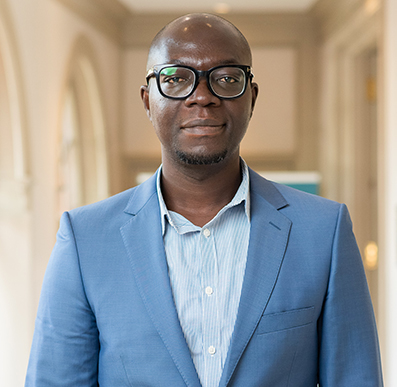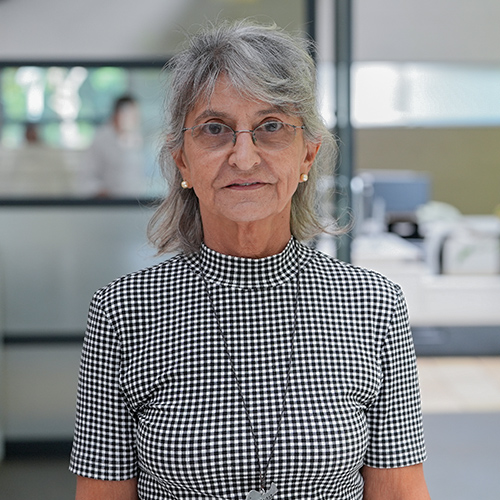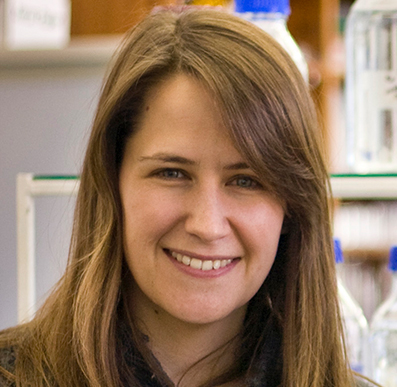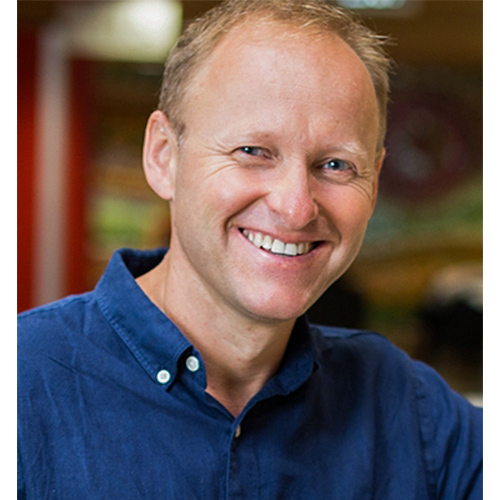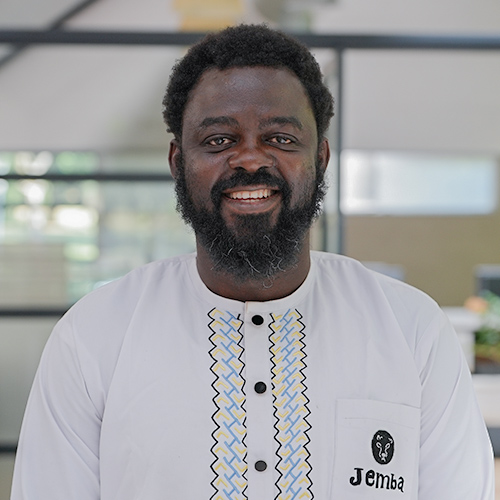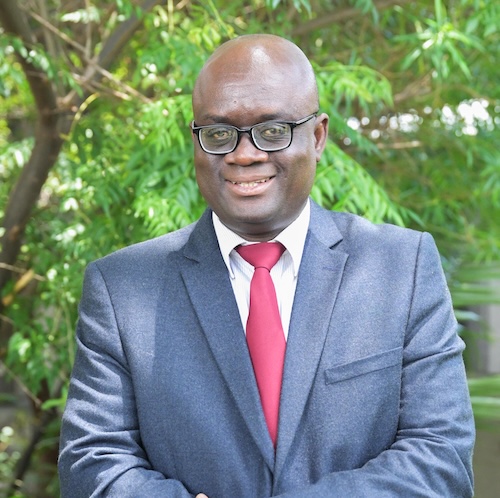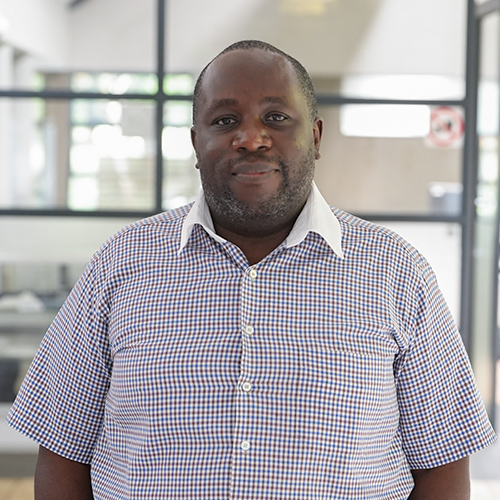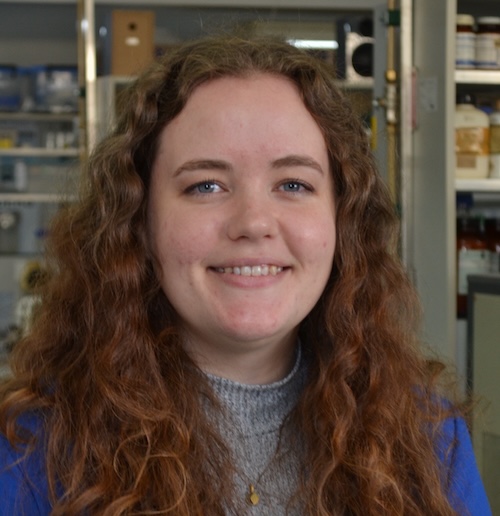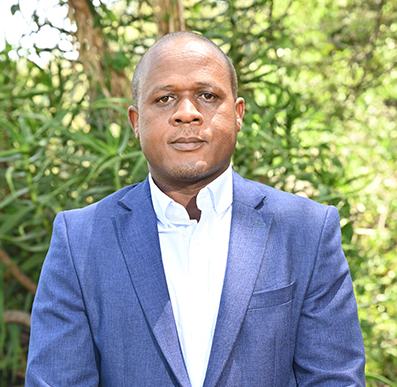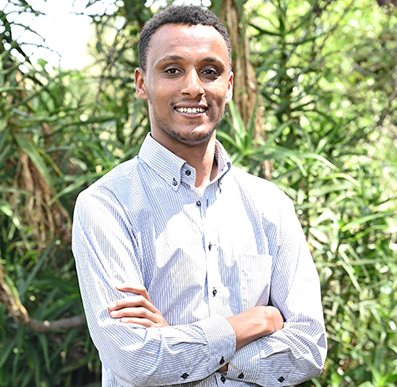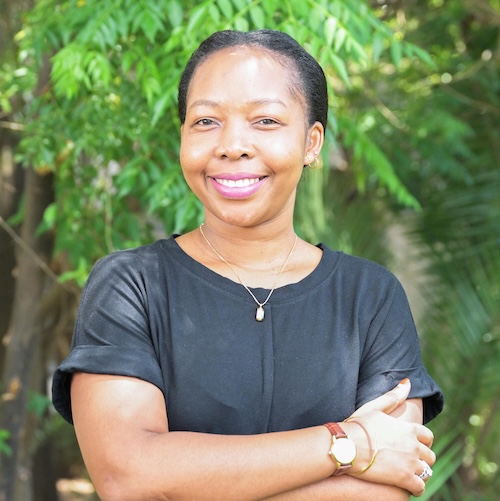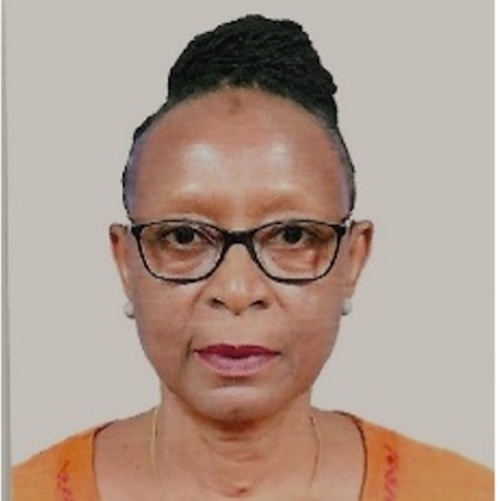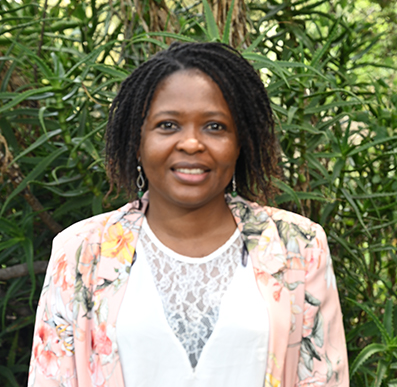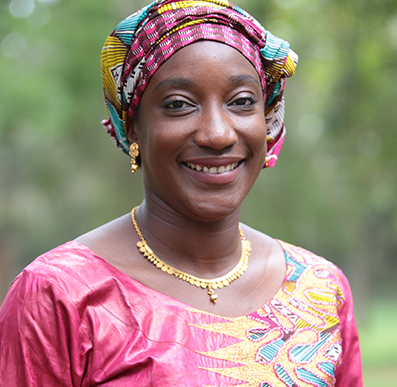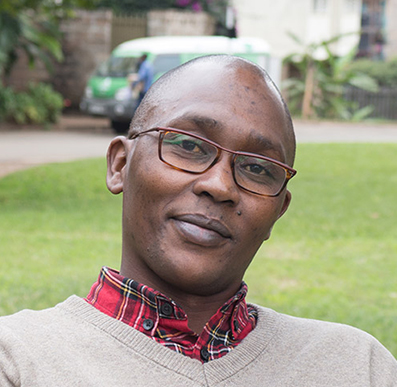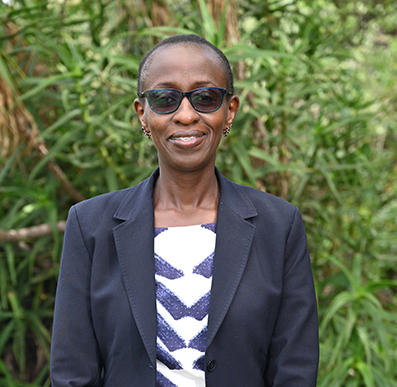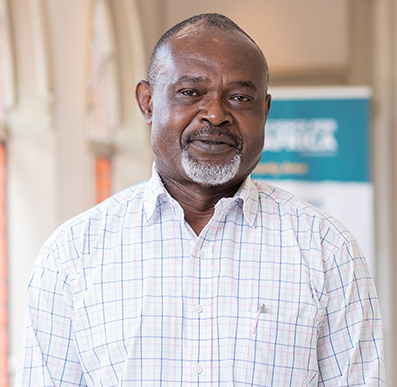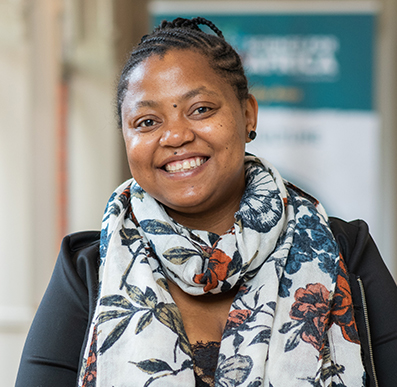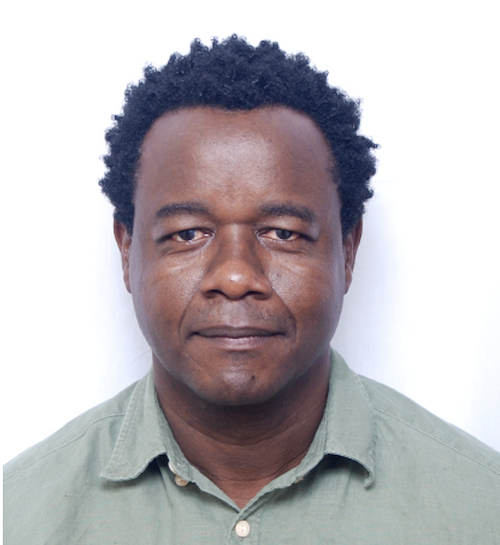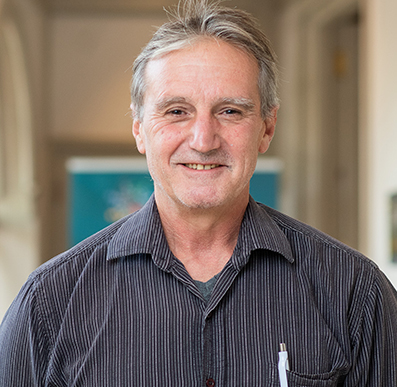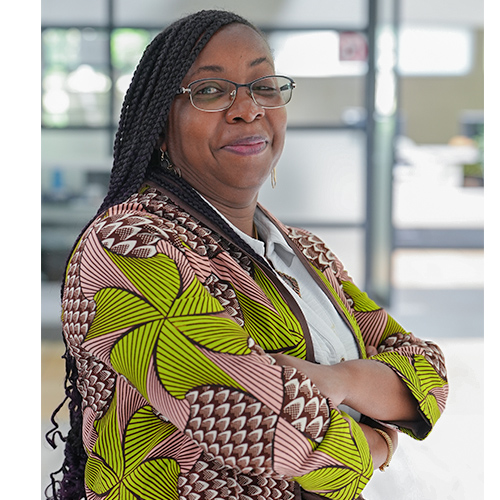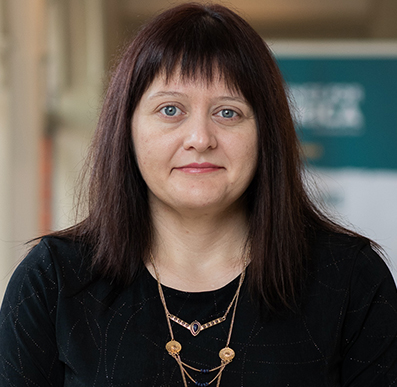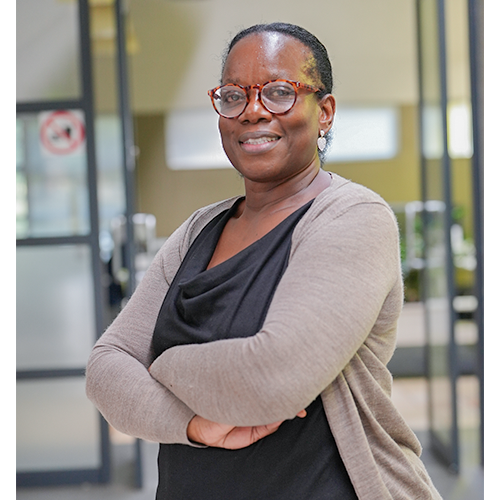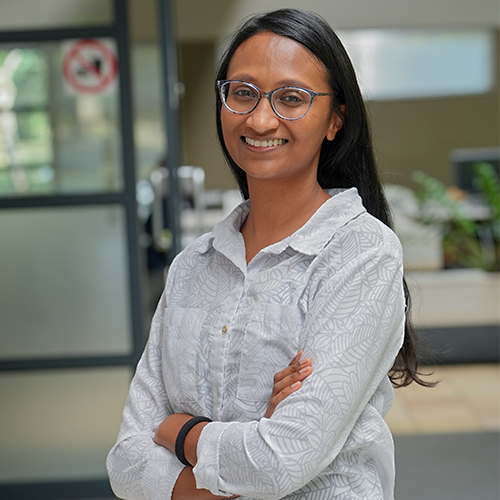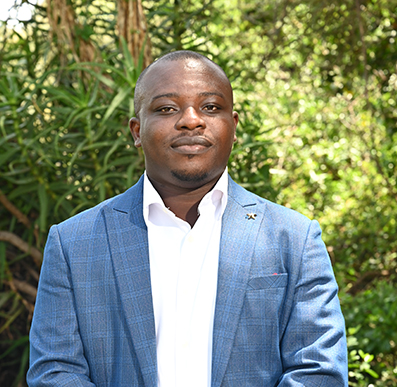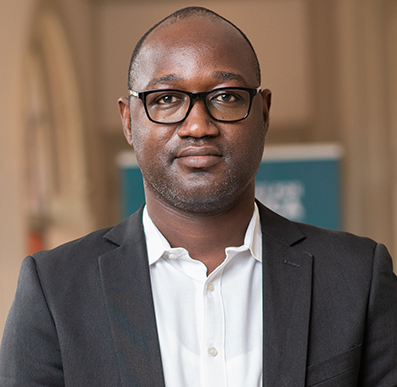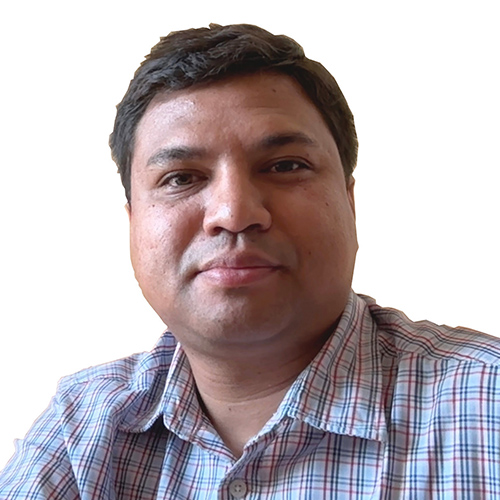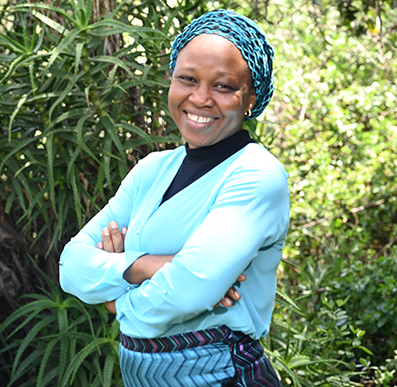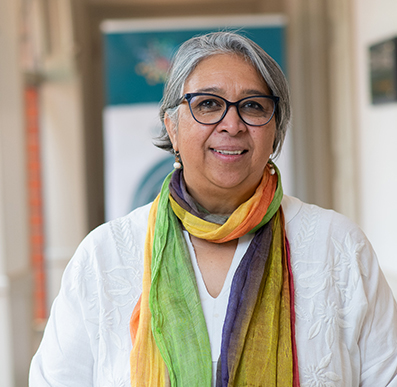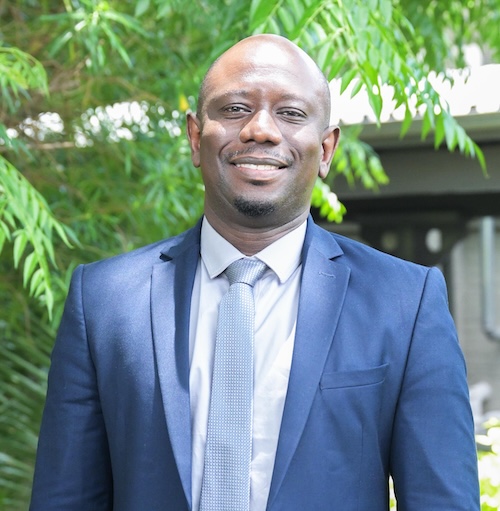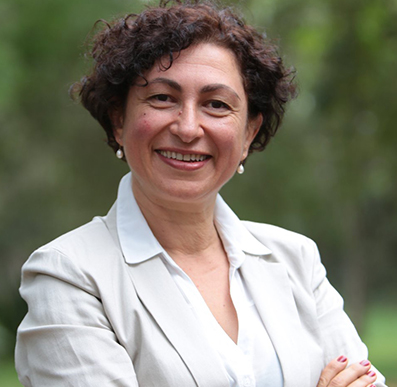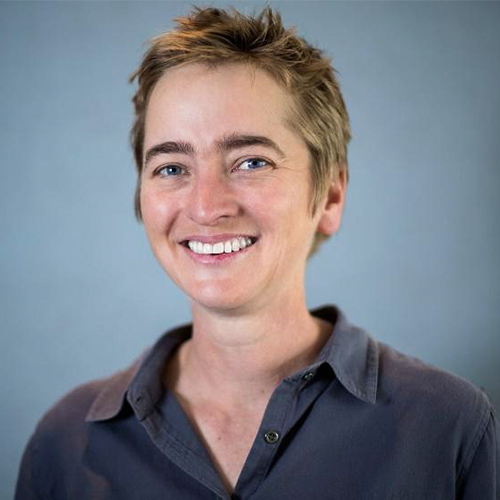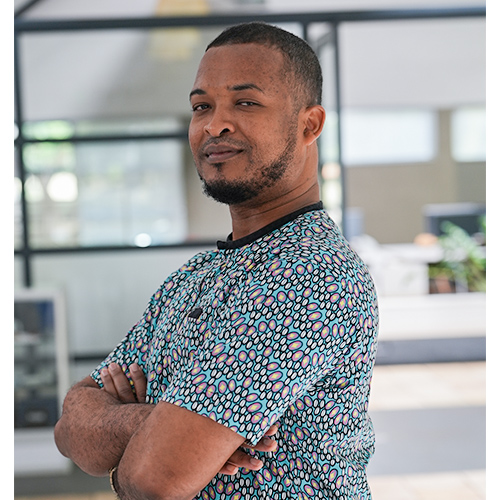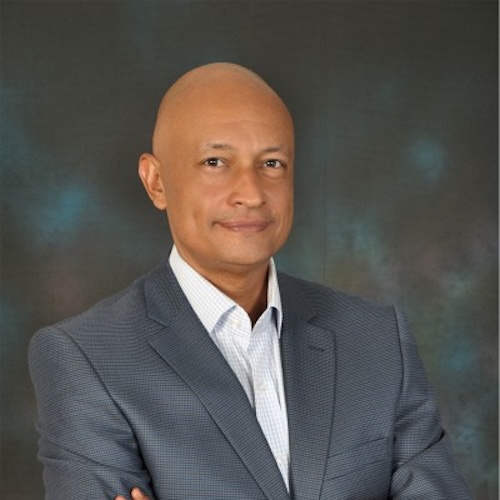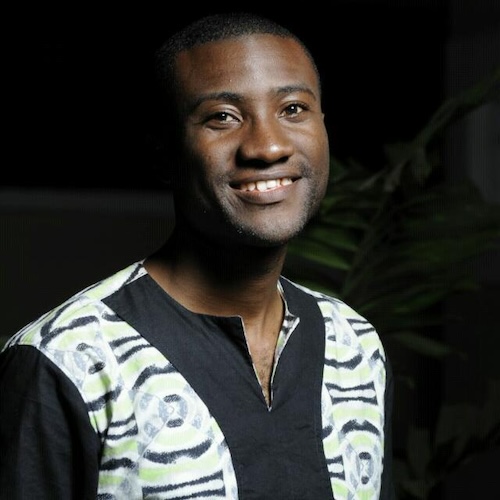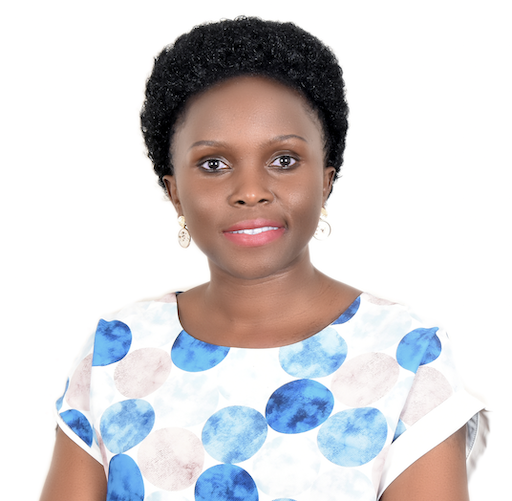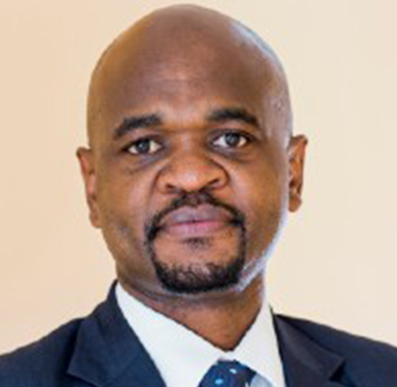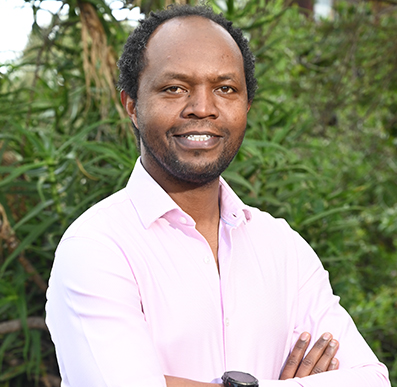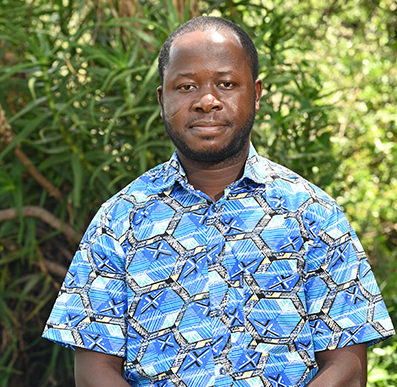
Grand Challenges Africa
Spurring Science Innovation,
Translation and Entrepreneurship
in Africa
Science Innovation Pathways | Science Innovation, Translation and Entrepreneurship Programme | Grand Challenges Africa
WHAT WE DO
GC AFRICAThe Grand Challenges Africa (GC Africa) initiative seeks to promote Africa-led scientific innovations to help countries better achieve the Sustainable Development Goals by awarding seed and scale-up grants to the continent’s most impressive solutions. GC Africa supports big, bold impactful innovative ideas that have a potential for impact, scale and sustainability.
The focus for Grand Challenges Africa is not new academic research but impactful robust solutions and products from scientific research. GC Africa builds on the previous successes of local Grand Challenges initiatives and a strong base of African Grand Challenges grantees.
Grand Challenges Africa is part of the Grand Challenges family of initiatives, which seeks to engage innovators from around the world to solve science, technology and innovation, health and developmental challenges. Grand Challenges initiatives are united by their focus on fostering innovation, directing research to where it will have the most impact, and serving those most in need. The first phase of the GC Africa, started in 2017, was implemented at the African Academy of Sciences with the support of funding partners.
"It's important to bring all good minds to address important problems and Grand Challenges Africa has enabled researchers create research communities which enable scientists in the same field to talk, collaborate and learn from each other" Iruka Okeke Prof. Ibadan University, Nigeria
Quick Downloads
GC Africa

Drone Surveying Oilseed Crops to Help Farming Data
GC Africa's second phase is now managed and implemented by the Science for Africa Foundation (SFA Foundation).
The challenge also encourages partnerships that bring together investigators from diverse organizations, including for-profit institutions, non-governmental organisations, academic and health research institutions, foundations, and civil society groups. We believe that there is no unilateral access to ideas.
Today, a variety of funding partners use "Grand Challenges" to accelerate research, creating an expanding network of funding and research partnerships spanning diverse topics. The Grand Challenges family includes, the Bill and Melinda Gates Foundation, Grand Challenges Canada, United States Agency for International Development, Grand Challenges Brazil, Grand Challenges India, Grand Challenges South Africa, Grand Challenges Ethiopia, Grand Challenges Botswana and Grand Challenges Africa.
Our Program Approach:
- Identifying scientific priority areas: GC Africa brings together scientists, experts and stakeholders from different fields to map out priority areas that would need a concerted effort or solutions from African innovators.
- Sourcing innovation: Develop, launch and manage Africa-specific Grand Challenges targeted to address issues of health and development that are preventing African countries from reaching the SDGs. Since its inception, GC Africa has announced 15 funding rounds/calls for proposals including : Maternal Neonatal Child Health (MNCH) in Africa; 2. Data science approaches to improve MNCH in Africa; 3. Innovation for Water, Sanitation and Hygiene (WASH) in urban settings; 4. New approaches to characterize the global burden of antimicrobial resistance; 5. Drug discovery; 6. Innovative solutions to achieve food security and nutrition targets in Africa.; and 7. Transition To Scale (TTS) grants (l and 2)
- Providing follow-on funding: Support translation and scaling of promising Phase I grants, both from the existing portfolios and from new Phase I grants sponsored by Grand Challenges Africa. These promising ideas are funded through transition grants of up to $1 M scaling up innovations which have already received 5100,000 seed grants and that show promise of expansion and have applied for this additional scaling up funding.
- Expand the Grand Challenges Network: Support other African countries to launch national or regional Grand Challenges initiatives that fund innovators to pursue health and development solutions that further both national and global priorities and expand the funding base. Country specific initiatives are Grand Challenge South Africa, Grand Challenges Ethiopia and Grand Challenges Botswana.
- Build a cohort of scientists that work collaboratively to manage any ecosystem challenges that may arise during delivery of their projects. One of the projects towards this is GCAiN
Our Guiding Principles
- Strategic and well-articulated grand challenges serve both to focus research efforts and to capture the imagination and engage the world's best researchers.
- Opportunities for networking with: colleagues in the fellowship, partners, and strategic programmatic leads.
- Projects are selected based on open transparent calls for proposals seeking the best ideas.
- Funders, investors and other stakeholders actively collaborate to accelerate progress and integrate advances to ensure that these advances serve those most in need.
- Projects and investigators make global access commitments to ensure the fruits of their research are available to those most in need.
- Projects are selected not only for scientific excellence but also for the likelihood for them to achieve the desired impact and they are milestone-driven and actively managed to the end.
